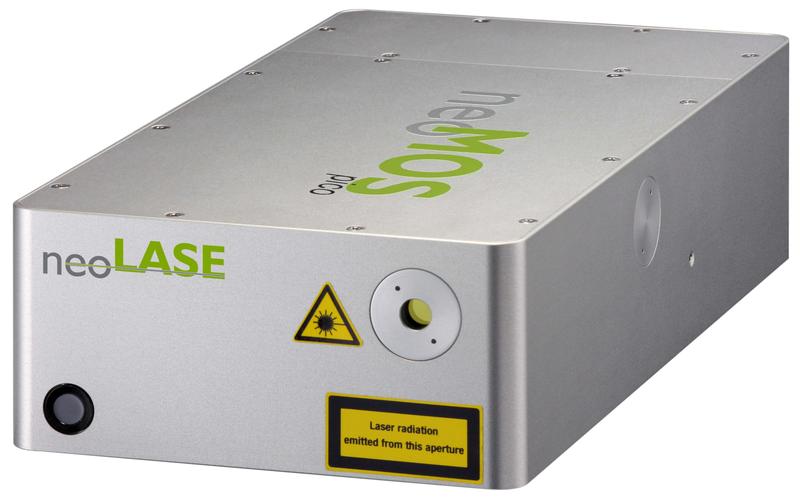
ShortPulse: Boosting Efficiency with Picosecond Laser Technology

neoMOS-2ps
neoLASE GmbH
With the new neoMOS-2ps neoLASE introduces a new laser system with laser pulses in the lower picosecond range.
The system delivers picosecond laser pulses with less than 2 ps pulse duration and up to 30 µJ pulse energy, enabling new applications or more efficient and precise material processing’s.
The increasing demands in laser material applications require high flexible and comprehensive laser systems.
For these areas neoLASE developed a new picosecond laser system with pulse peak power levels of more than 10 MW.
The system is based on a patent pending technology that allows the linear amplification of laser pulses in the range of 1 – 2 ps pulse duration without using CPA or regenerative amplifier technologies.
At the same time, the system keeps the cost efficiency, compactness and ease of use of the established neoMOS laser systems.
This and other new developments will be presented at neoLASE booth on Laser World of Photonics Hall A3 booth 438/2 or visit neoLASE webpage under www.neoLASE.com.












